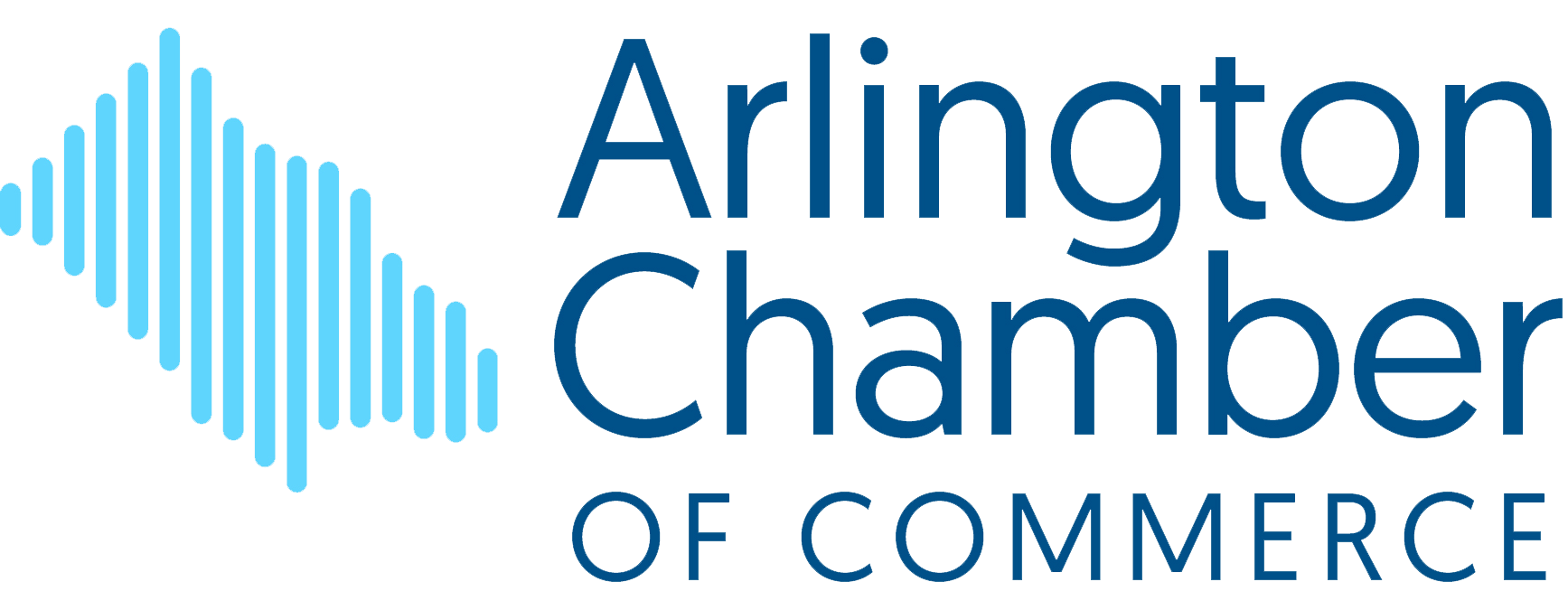Every week I meet with successful individuals and families who want help getting their financial house in order and their investments optimized. When we look at the statements together, one of the items that most people immediately look for is the average returns they received on their investment and retirement accounts. Unfortunately, these numbers are not the best way to gauge which fund, manager, or security is the best option to include in your portfolio. Of course there are important factors to consider like investment philosophy, risk comfort level, turnover ratio, time horizon and others, but I thought it would be helpful to focus just on the “average return” item to help add some clarity.
Picture a hypothetical investment (any kind) that goes up by 25% in one year, and then down by 25% the next year. Most people can identify that in this scenario, the average return is 0%. And, most people intuitively think that means the account would have returned 0%, and they would be back to the starting amount. However, that is not the case. Let’s say we started with $100. After the first year we would have $125. After the second year we would have $93.75. What?! Yes. The same thing occurs if we pretend we lose 25% in the first year (giving us $75) and then gain 25% in the second year, bringing us to $93.75.
So this is how averages can be misperceived, because the starting point is rarely the same. The problem is that the greater the account becomes, the more painful the percentage losses are, and the smaller the account becomes, the less powerful the percentage gains are. So, for my clients, I don’t talk about average returns, (partially because they don't give the investor a good representation of how much they actually will have at the end of the period), and partially because they certainly don’t give any measure of what will occur. Focus on managing volatility and constraining downside losses through appropriate, diversified investments. Need help managing volatility with your portfolio? Just ask, I am in the neighborhood and ready to assist.
This general information should not be construed as investment advice. Diversification does not guarantee a profit or protection against an investment loss. The examples discussed in this article are entirely not indicative of any particular investment, asset class or financial product. Scott Greenberg offers securities through AXA Advisors, LLC (NY, NY 212-314-4600), member FINRA, SIPC, offers investment advisory products and services through AXA Advisors, LLC, an investment advisor registered with the SEC, and offers annuity and insurance products through AXA Network, LLC. Scott J Greenberg Private Wealth Management is not a registered investment advisor and is not owned or operated by AXA Advisors or AXA Network. Individuals may transact business and/or respond to inquiries only in state(s) in which they are properly qualified. AGE- 109876(01/16)(exp.01/18).



 RSS Feed
RSS Feed
